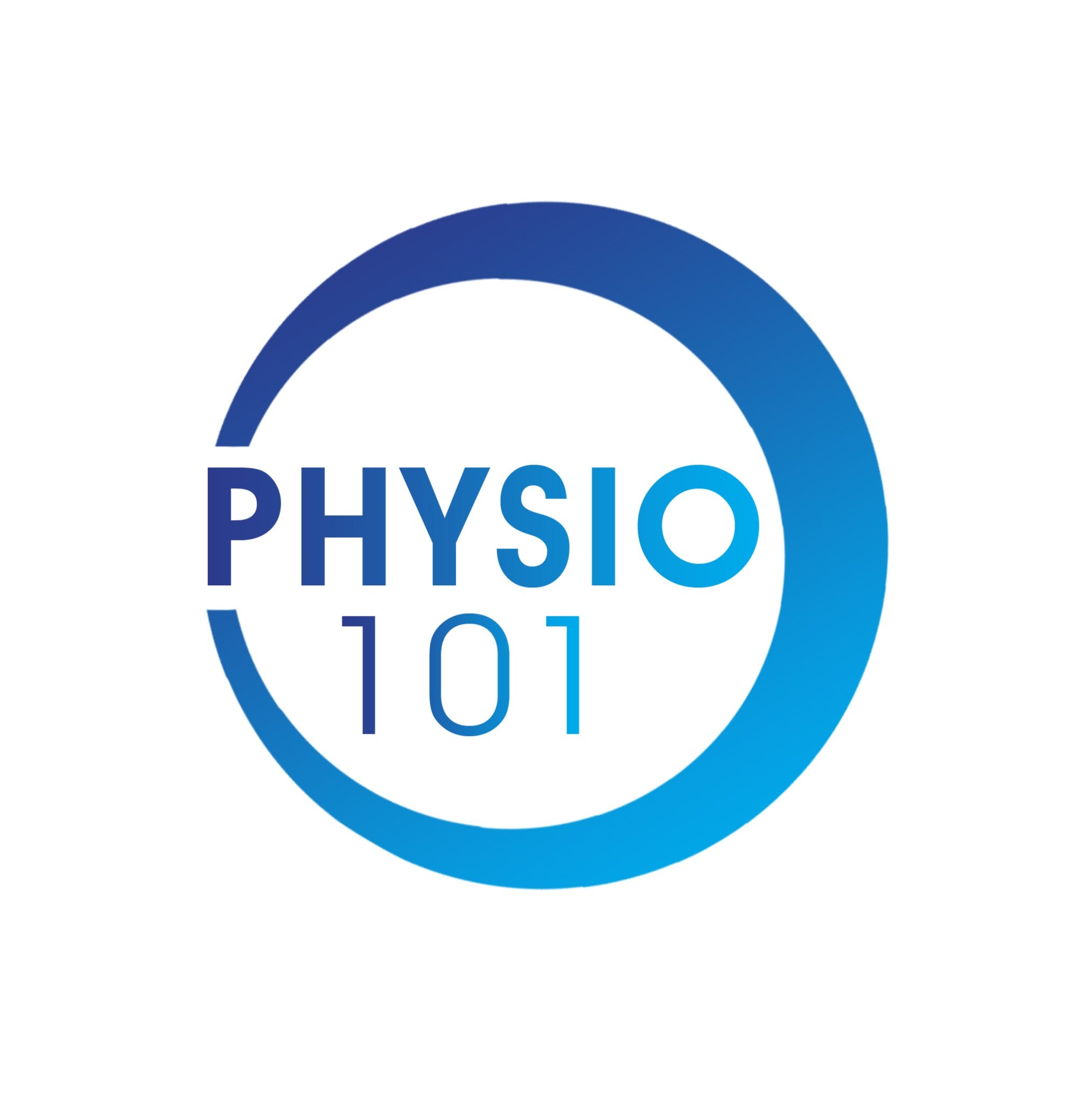Frozen Shoulder (Adhesive Capsulitis)
What is Frozen Shoulder (Adhesive Capsulitis)?
Frozen Shoulder usually involves pain and stiffness that develops gradually, gets worse and then finally goes away. This can take anywhere from a year to 3 years.
Your shoulder is made up of three bones that form a ball-and-socket joint. They are your upper arm (humerus), shoulder blade (scapula), and collarbone (clavicle). There’s also tissue surrounding your shoulder joint that holds everything together. This is called the shoulder capsule.
With frozen shoulder, the capsule becomes thick and tight, making it difficult to move. Bands of scar tissue form and there’s less of a liquid called synovial fluid to keep the joint lubricated, further limiting motion.
Symptoms
The main symptoms of a frozen shoulder are pain and stiffness that make it difficult or impossible to move.
If you have frozen shoulder, you might feel:
A dull or achy pain in one shoulder
Pain in the shoulder muscles that wrap around the top of your arm. You might feel the same sensation in your upper arm.
Pain that gets worse at night, which can make it hard to sleep.
Causes
It’s not clear why some people develop it, but some groups are more at risk.
Frozen shoulder tends to happen more often in women than men, and you’re more likely to get it between the ages of 40 and 60. Your risk might also go up if you’re in the process of recovering from a medical condition like a stroke, or surgery like a mastectomy that keeps you from moving your arm.
Certain medical conditions such as diabetes can increase your risk too. About 10-20% of people with diabetes get frozen shoulder. Other medical conditions like heart disease, thyroid disease, or Parkinson’s disease are linked to frozen shoulder too.
How can Physio 101 help?
Our physiotherapists are highly trained in assessing you shoulder to ensure a correct diagnosis before starting you on your path to recovery. Treatment of frozen shoulder primarily focuses on regaining lost range of motion before progressing to regaining function and strength.
Call Physio 101 today to learn more about how our physiotherapists can help you in your recovery.

